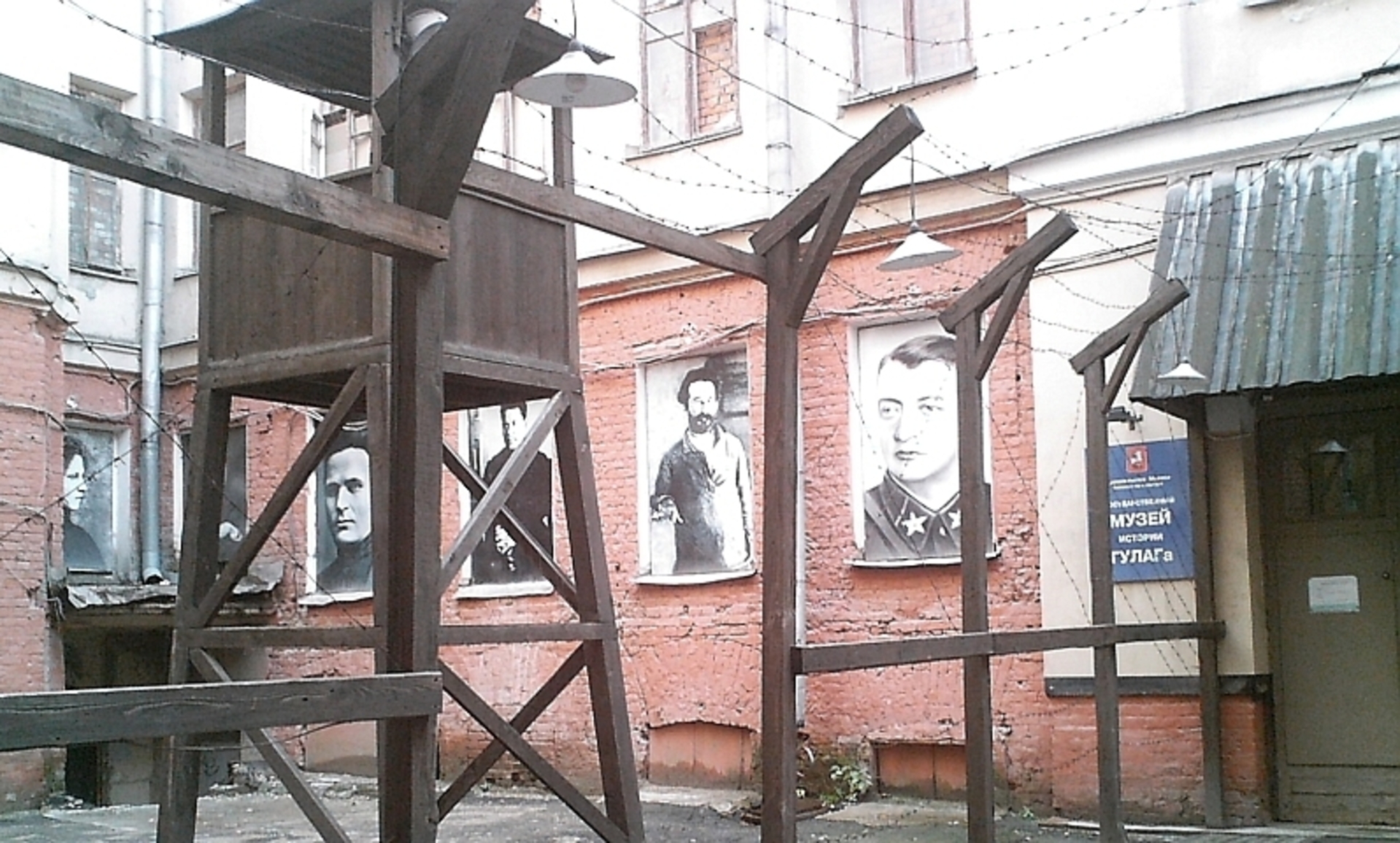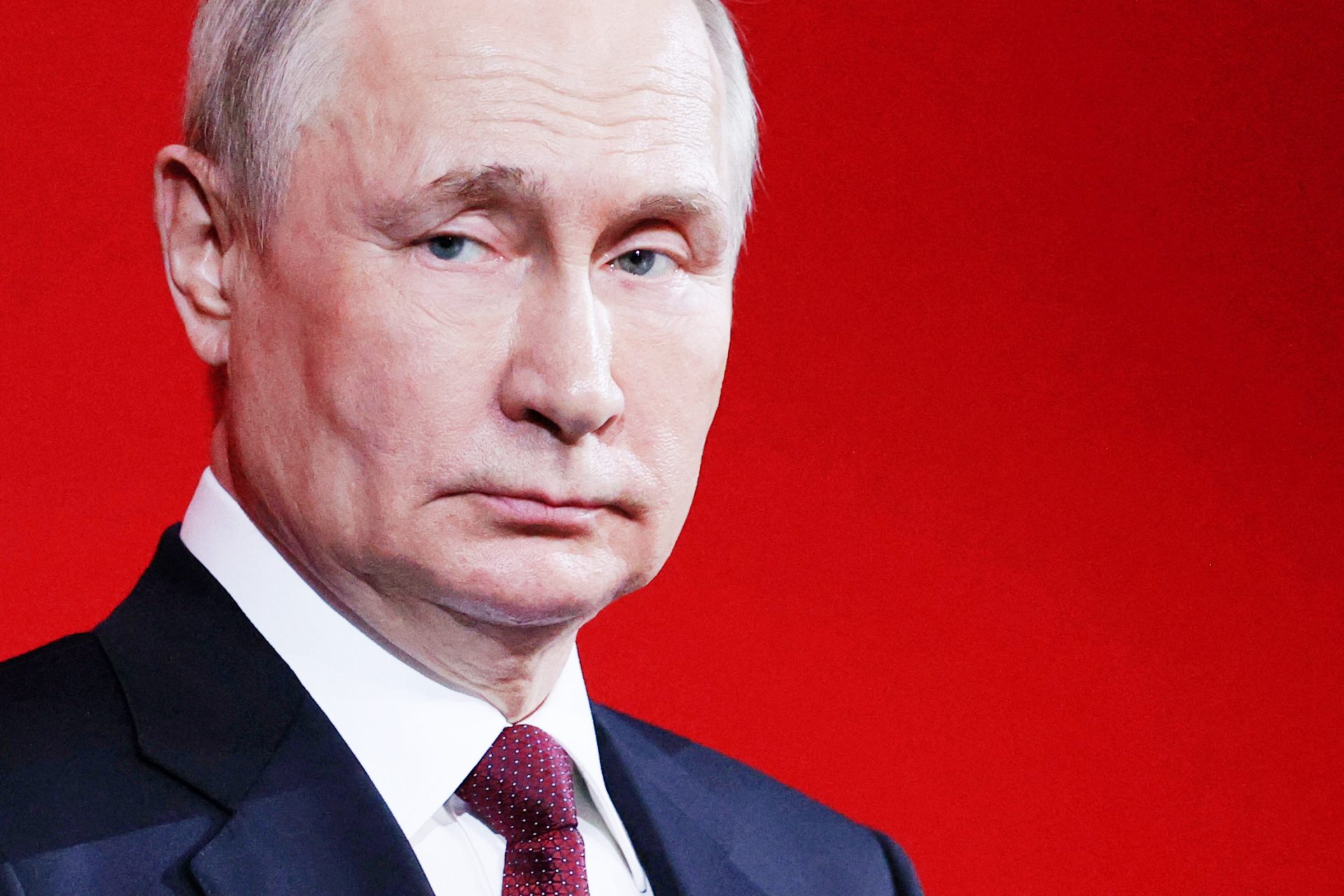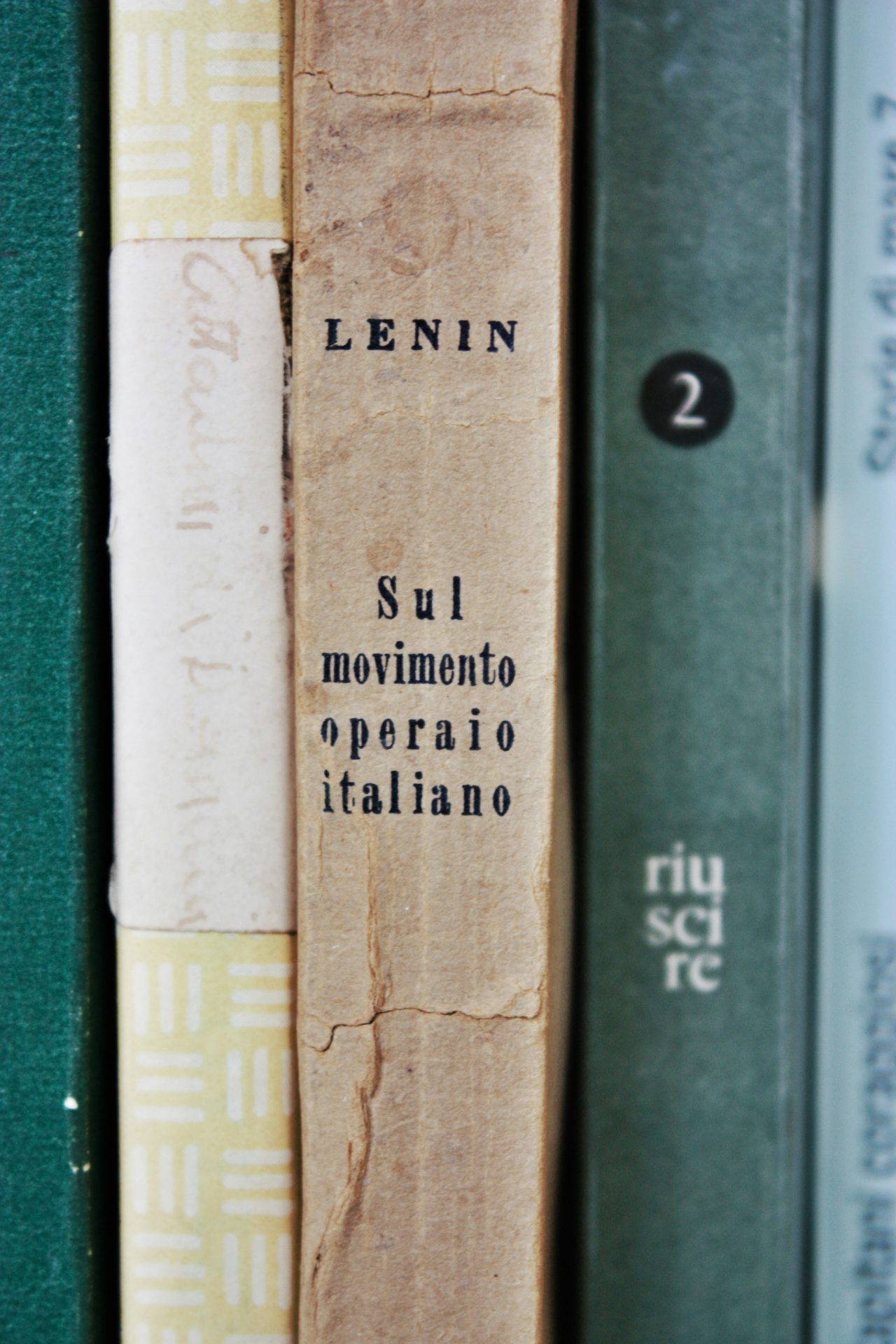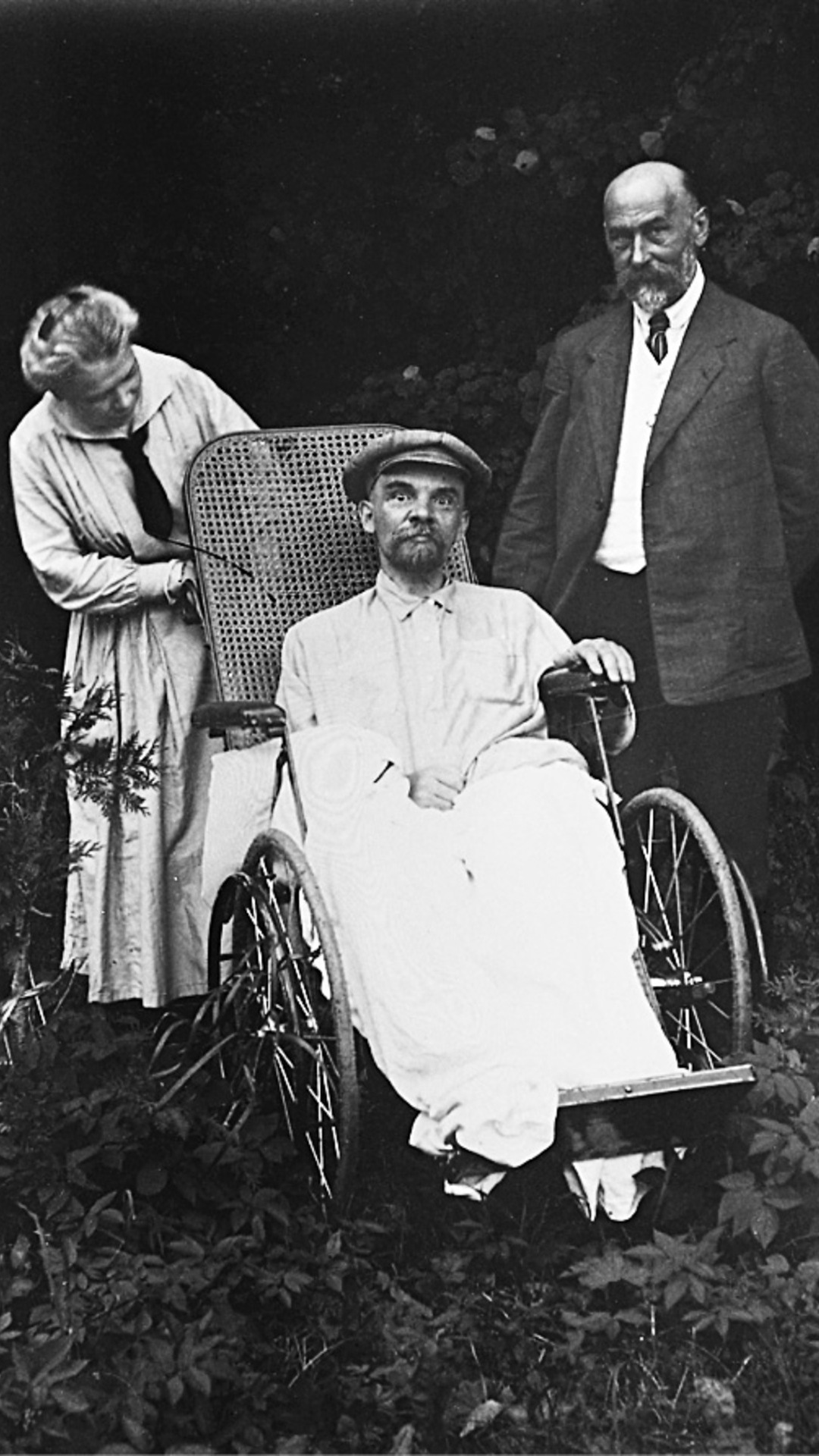100 years without Lenin: revolutionary angel or totalitarian demon?
The leader of the Bolshevik Revolution, the man who transformed Tsarist Russia into the powerful Soviet Union, died on January 21, 1924. 100 years later, what is Lenin's legacy?
Some still claim that Lenin was a well-meaning revolutionary leader whose egalitarian goals were betrayed by Stalin. But to what extent was the totalitarian horror of the Gulag not already included in the Leninist postulates?
Image: Soviet Artefacts / Unsplash
It is undeniable that the 1917 revolution led by Lenin and Trotsky transformed an almost medieval serf country into an international superpower that challenged world capitalism.
Image: Nicolas Dmítrichev / Unsplash
Follow us and get access to great exclusive content every day
However, Soviet oppression is undeniable. In order to realize socialism, all opposition to the communist regime was suppressed with a heavy hand. The Gulag, a concentration camp for criminals and dissidents, often in places as inhospitable as Siberia, became a symbol of Soviet brutality.
(Image: By Vladimir OKC - Own work, https://commons.wikimedia.org/w/index.php?curid=5002319)
It is true that the great political oppression began in the Stalin era. Before that, the revolution was busy consolidating and waging a civil war against the tsarists and anti-Bolsheviks, which lasted until 1923.
Image: Egor Myznik / Unsplash
In a 1954 article in The Atlantic, historian Edward Crankshaw wrote a poignant description of the Russian revolutionary who overthrew the Tsardom: "He was a man selfless and without ambition. He was absolutely lacking in imagination. He loved the people as animals, not as people. He pitied them, but he did not respect them. He was, in the last degree, a sentimentalist. He wanted to save the people from the dreadful tyranny of the Tsars—but in his way and no other. His way held the seeds of another tyranny."
Image: Maksym Pozniak-Haraburda / Unsplash
One of the events that marked Lenin's life was the execution of his brother Alexander, who was involved in a conspiracy to assassinate the Tsar himself. He never forgot this, and in part his entire political career was a kind of revenge for this personal drama.
Image: Soviet Artefacts / Unsplash
Lenin was the revolutionary name of the man who became a myth. His real name was Vladimir Illich Ulyanov, and his father was an official.
(Image: By Pavel Zhukov - [1], public domain, https://commons.wikimedia.org/w/index.php?curid=95435100)
Lenin's remains are still in Red Square in Moscow. His mummified body is on display there. The catacomb remains a tourist attraction, but no longer has the ideological significance it once had, when millions of communist sympathizers from around the world dreamed of making a pilgrimage to the catacomb.
Image: Hennie Stander / Unsplash
Although Putin is an avowed nostalgic of the imperial Soviet era (particularly Russia's strength and dominance in the world at the time), he does not often bring up Lenin and the Bolshevik Revolution. In fact, the centenary of his death in 2024 was not celebrated with great pomp, but will rather went by unnoticed. Putin is more of a fan of Stalin, the Man of Steel who won World War II.
In Soviet iconography, the figure of Lenin is central (posters, statues, etc.), and he remains present throughout Russia. However, you see him less and less, as the memory of him fades.
Image: Maxim Tolchinskiy / Unsplash
In his texts and in practice, Lenin defended the systematic use of violence as a means of carrying out revolution and consolidating socialism. However, this question must be placed in the general framework of an era in which politics and violence often coincided (taking into account that democracy was not the dominant system).
It is clear that Stalin far surpassed Lenin in the use of violence against all those he considered "enemies of the revolution." According to a BBC article, around 750,000 people were executed in Russia under Stalin during the period known as the "Great Terror" (between 1934 and 1939).
In 1922, Lenin suffered two consecutive strokes, which left him unable to speak and paralyzed on one side. The Soviet authorities kept his condition a secret. He became a ghost while Stalin already dominated the scene.
Image: Mihail Tregubov / Unsplash
There is a document from 1923 called "Lenin's Political Testament" in which the Bolshevik leader is said to have written: "Comrade Stalin, having become General Secretary, has concentrated unlimited power in his hands, and I am not sure whether he will always be able to use this power with sufficient caution".
Image: Soviet Artefacts / Unsplash
In his final days, some scholars believe, Lenin regretted his trust in Stalin and even the clearly dictatorial trajectory into which he pushed the dream of socialism. The Indian translator and literary critic Anja Basu summarized in an article in The Wire: "Self-doubt, even remorse, assailed him. A stricken mind inside a stricken body would give him no rest. He was destined now to grapple with terrible misgivings for the rest of his days. The frigid, frightened look on his face in the photograph from the summer of 1923 mirrors the tumult in his soul." Lenin died on January 21, 1924.
(Image: By Maria Ulyanova - Stephen Kotkin - Stalin Volume: 1 single image, https://commons.wikimedia.org/w/index.php?curid=70593)
Follow us and get access to great exclusive content every day
More for you
Top Stories





























